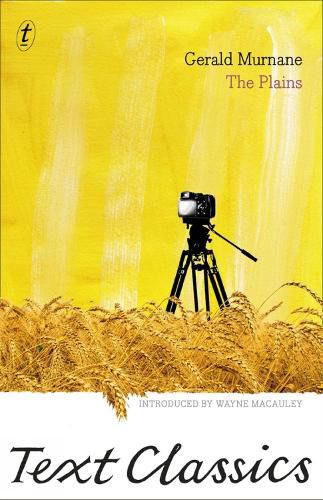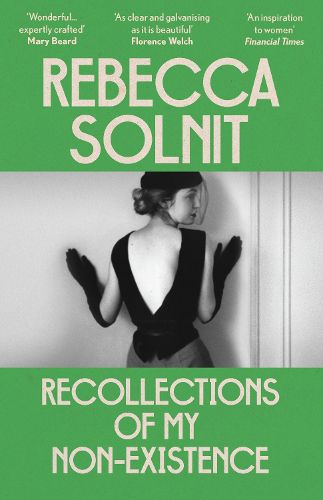Hear about the great books, new and old, that our staff have been enjoying.
Jo has been reading
The Plains
Gerald Murnane
I will admit to feeling a little trepidation about how to guide discussion at the August meetings of the Hidden Treasures Fiction Book Club, when the book in question offers so few of the elements through which we conventionally make sense of fiction. Gerald Murnane’s 1982 novel, The Plains (reissued by Text in 2012), has little in the way of a plot, no real conflict, and no tangible character development. But as more than one critic has advised, when you read Murnane you shouldn’t focus on what is not on the page; just focus on what is. Sound advice.
With that in mind I can tell you that The Plains is about a man, unnamed, who journeys to the plains of ‘inner Australia’ to research a film he wants to make called The Interior about the people who live on this land and their specific history and culture. Progress is slow. He stays for twenty years. The plains always appear a little out of reach. There is no real sense of geography, or of where and when the events being described take place. It can be understood as an allegory, but that doesn’t make it any less of a mystery.
And that’s where the strange magic – or as many others have declared, the genius – of Murnane’s novel lives. You can be frustrated by its elisions or accept them as essential to the highly original imaginary landscape Murnane has crafted. As I was reading the final section of The Plains, the words folding forward trancelike towards its conclusion, it suddenly made sense to me, and that made me want to turn right back to the first page and start it all over again to really appreciate just how it was done.
Lian has been reading:
Vanish
Shelley Burr
Shelley Burr's debut crime novel Wake is one of my all-time favourite works of Australian noir, and while the follow-up, Ripper, didn't quite reach the lofty heights of its predecessor, I was still excited to get my hands on Burr's most recent release, Vanish.
This third book sees the full return of private investigator Lane Holland, still imprisoned for the murder of his father, but with the possibility of parole in his future… Especially if he can solve the mystery of the prison governor’s missing daughter, Matilda Carver. Lane's investigation leads him to an idyllic rural farming community (and possible cult) where he is sent – ostensibly to train for post-prison employment, but in reality to discover whether the farm's charismatic owner has anything to do with Matilda's disappearance.
Vanish is a propulsive and engaging crime read with a distinctly Australian touch of humour. Perfectly paced and cleverly rendered with enough twists to keep you interested without losing the reader in red herrings. The end came entirely too fast, but only because I wanted to spend more time with the characters, and I'm already eagerly awaiting the next book!
Grace has been reading:
Recollections of My Nonexistence
Rebecca Solnit
Rebecca Solnit is your favourite author’s favourite author. So many of her sentences are underline-able, and I really loved how this memoir blends essay and memory. For fans of her 2014 viral essay, Men Explain Things to Me, this is an even greater deep dive into her wise, severely accurate observations on power imbalances between men and women. The way Solnit takes huge, hard-to-articulate ideas and presents them in concise prose is such a pleasure to read.
For anyone who, like me, gravitates towards the great women rubbing shoulders in the Cultural Studies section, Solnit is the ultimate.





